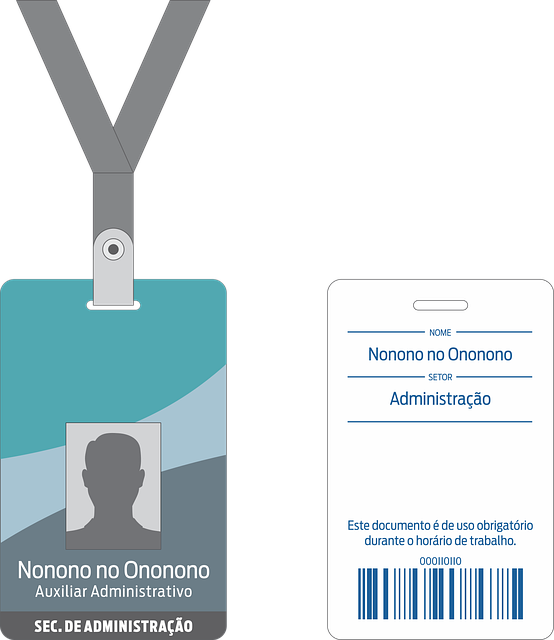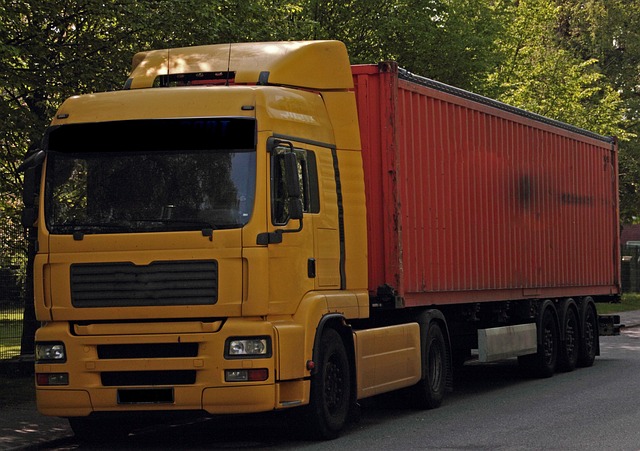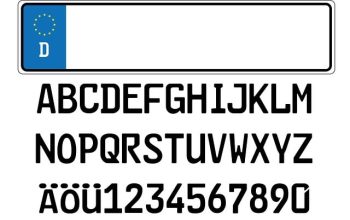In the fast-paced world of commercial trucking, a vehicle’s history is more than just a logbook—it’s a narrative of safety, compliance, and efficiency. With stringent road safety regulations in place, maintaining an impeccable vehicle history report (VHR) has become non-negotiable for fleet managers. This article delves into the critical aspects of VHRs, exploring how digitized systems are revolutionizing license plate lookups and inspection records access while underscoring the significance of accurate records in averting penalties and ensuring smooth fleet operations. From understanding the intricacies of VHRs to embracing digital solutions, this guide equips managers with the tools to excel in a regulated environment.
- Understanding Vehicle History Reports: Every Detail Matters
- Road Safety Regulations: The Growing Importance of Accurate Records
- Digital Revolution in License Plate Lookups and Inspection Records
- Compliance Monitoring: Maintaining Smooth Fleet Operations
- Avoiding Costly Penalties: Proactive Approach for Fleet Managers
Understanding Vehicle History Reports: Every Detail Matters

Vehicle history reports are more than just a collection of dates and ownership changes; they are a comprehensive narrative of a commercial vehicle’s life. Each entry, from initial registration to routine maintenance and major repairs, contributes to the overall picture of its performance and safety. Details such as accident history, outstanding fines, and inspection results can significantly impact a fleet’s operational efficiency and legal standing.
Accurate record-keeping ensures that any potential issues are quickly identified and addressed, preventing minor problems from escalating into costly breakdowns or safety hazards. By scrutinizing these reports, fleet managers can make informed decisions about vehicle maintenance, replacement, and regulatory compliance, ultimately enhancing the overall reliability of their operations.
Road Safety Regulations: The Growing Importance of Accurate Records

In recent years, road safety has become a paramount concern for governments worldwide, leading to stricter regulations and more stringent enforcement. These regulations demand that commercial vehicle operators maintain meticulous records, including logbooks and inspection reports, to ensure their fleets meet safety standards. Non-compliance can result in substantial fines and legal repercussions, creating a compelling need for accurate and up-to-date vehicle history documentation.
Accurate records are the cornerstone of effective compliance monitoring. They provide a clear audit trail, enabling fleet managers to quickly identify potential issues and take corrective actions. Furthermore, with digital platforms streamlining license plate lookups and inspection record access, managers can proactively stay ahead of safety inspections, minimizing disruptions and ensuring their fleets operate within legal boundaries.
Digital Revolution in License Plate Lookups and Inspection Records

In today’s digital era, the way fleet managers access and manage vehicle records is undergoing a remarkable transformation. Traditional methods of manual record-keeping are being replaced by efficient, digitized platforms that streamline license plate lookups and inspection records. This revolution is driven by advancements in technology, which enable real-time data sharing and quick verifications.
With these new systems, fleet managers can easily track vehicle histories, access inspection reports, and identify potential safety hazards promptly. Digitalized license plate lookups have enhanced road safety by simplifying the process of identifying non-compliant vehicles and facilitating faster responses to regulatory changes. This proactive approach ensures that fleet operations remain not only compliant but also safe and efficient.
Compliance Monitoring: Maintaining Smooth Fleet Operations

Compliance monitoring is an indispensable aspect of fleet management, especially with stringent road safety regulations in place. By implementing robust systems to track and record vehicle maintenance, inspections, and registrations, fleet managers can ensure their operations adhere to legal requirements. This proactive approach offers numerous benefits, including avoiding hefty fines and penalties for non-compliance.
Digitalized platforms play a pivotal role here by streamlining license plate lookups and providing easy access to inspection records. These tools enable managers to monitor vehicle history, track maintenance schedules, and identify potential issues before they escalate. Consequently, well-managed compliance ensures your fleet’s smooth operation, enhances safety, and fosters a culture of accountability within the organization.
Avoiding Costly Penalties: Proactive Approach for Fleet Managers

Fleet managers face increasing pressure to maintain strict adherence to road safety regulations, with penalties for non-compliance becoming increasingly costly. Avoiding these fines requires a proactive approach, where meticulous record-keeping is paramount. Digital platforms offer fleet managers an effective solution by streamlining license plate lookups and providing easy access to inspection records, ensuring every vehicle’s history is readily available.
By embracing digitized systems, managers can efficiently monitor compliance across their entire fleet, whether it consists of heavy-duty trucks or trailers. This proactive measure not only helps avoid penalties but also fosters a culture of safety and responsibility within the organization, ultimately contributing to smoother operations and reduced stress for fleet management teams.
In today’s highly regulated trucking industry, a well-maintained vehicle history report is not just a best practice—it’s a necessity. By leveraging digitized platforms and conducting thorough compliance monitoring, fleet managers can navigate the complex landscape of road safety regulations with ease. This proactive approach ensures smooth operations, minimizes penalties, and ultimately contributes to safer roads for everyone.



